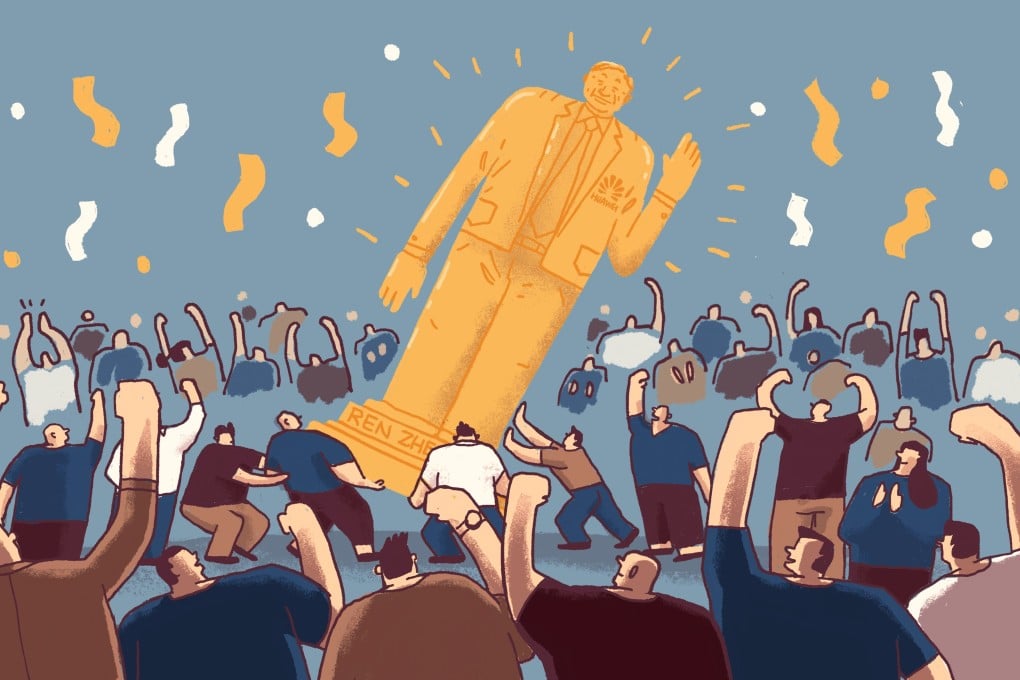Advertisement
Exclusive | ‘I’m not Huawei’s spiritual leader. I’m a puppet leader,’ founder Ren Zhengfei says
- This is the fifth in an eight-part series looking at how Huawei has found itself at the epicentre of the US-China tech war
- Ren Zhengfei has been described as the ‘spiritual leader’ of Huawei, but he says he would rather be forgotten
Reading Time:8 minutes
Why you can trust SCMP

Huawei Technologies’ founder Ren Zhengfei hopes that in time, he will be forgotten.
“I’m just an old man. What’s the point of remembering me? People should think more about the future and the world,” the 75-year-old said in a recent interview with the South China Morning Post. “My biggest wish is to drink coffee in a cafe unnoticed.”
It is a simple wish, but one that seems out of reach for the chief executive of the world’s largest telecommunications equipment supplier, which is currently caught in the centre of an intense US-China tech war.
Advertisement
A barrage of attacks by the United States against Huawei in the past year has forced the low profile Ren to step out from behind the curtain he had been ruling from to defend the company he founded.
It started with the arrest of Ren’s daughter, Huawei’s chief financial officer Meng Wanzhou, in Canada in December 2018 at the behest of the US. Meng is still in Canada under house arrest, amid a hearing that will decide whether she will be extradited to the US, where she faces a bank fraud charge.
In May last year, Washington added Huawei and 68 of its non-US affiliates to a trade blacklist, accusing the company of being a threat to national security – something Huawei has repeatedly denied. The Trump administration has also continued to urge its allies in Europe to ditch Huawei in their 5G mobile network development plans.
Advertisement
Advertisement
Select Voice
Select Speed
1.00x